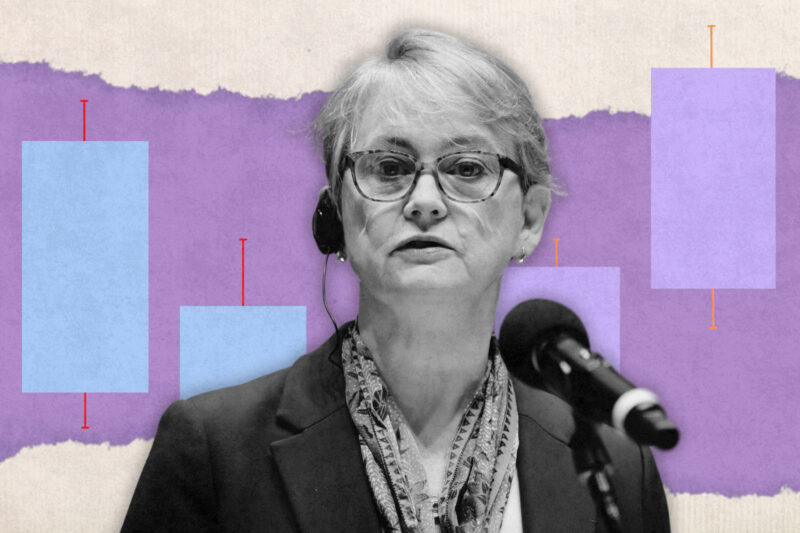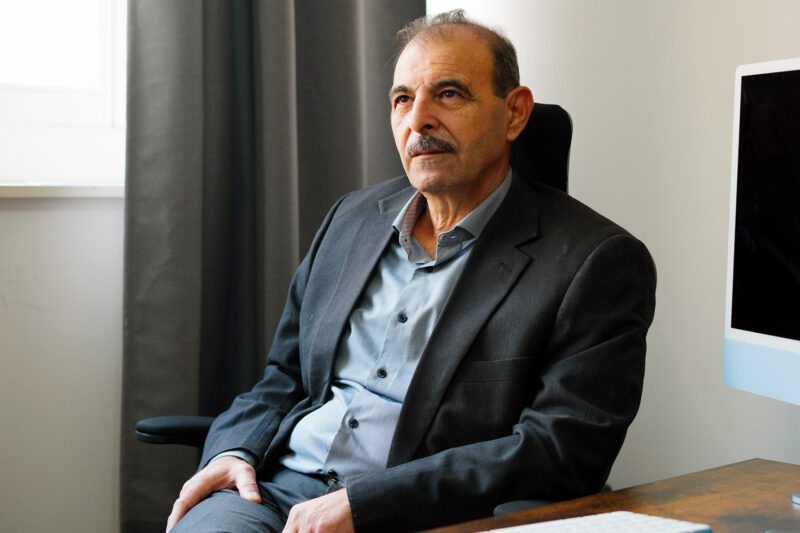ESOL teachers sound alarm over Starmer’s language proposals for migrants
English courses for speakers of other languages have suffered 20 years of cuts as ‘a casualty of the rise in anti-immigrant sentiment’

Teachers of English to speakers of other languages (ESOL) say the government’s proposal to raise language requirements for people wanting to settle in the UK is unrealistic following years of cuts.
The white paper launched by Keir Starmer on Monday, Restoring Control over the Immigration System, proposes new language requirements for migrants already in the UK who want to renew their visas or seek settled status, and a higher standard for new visa applicants and their families. The blunt language used by the prime minister when making the announcement saw him accused of echoing Enoch Powell.
“If you want to live in the UK, you should speak English. That’s common sense,” the prime minister posted on X.
But following years of funding cuts, ESOL providers say the resources aren’t there to increase English teaching provision to the extent the government suggests.
“Either this will fall flat on its face or it’s done deliberately, knowing that the funding isn’t there for these people to incrementally improve their level of English,” said Declan Flanagan, an ESOL teacher and lecturer at the Queen’s University Belfast.
According to Flanagan’s recently published research, government funding for ESOL classes had been consistently reduced for the past 20 years.
“Initially, Tony Blair’s government was spending a lot of money on ESOL, but that started to change around 2006,” Flanagan said. “Since then, ESOL became a casualty of the rise in anti-immigrant sentiments. Funding had been stripped to the bone. What we are seeing now is only the continuation of this policy.”
A spokesperson for Capital City College, one of the largest ESOL providers in London, agreed, pointing to a 56% decline in ESOL funding between 2009/10 and 2016/17 from what was then the government’s adult education budget, now called the adult skills fund. This, they said, “seriously affected the availability and accessibility of ESOL courses across the UK”.
“We have felt the effects of these funding changes,” they added, “and the reduction in public funding has led to increased pressure on our services.”
A report published in November 2024 by the Bell Foundation, an educational charity and ESOL course provider, shows that higher English language proficiency correlates with employability, in line with government claims — but also points to a lack of opportunities for migrants to access language classes.
According to the white paper, all migrants who want to receive permanent residency will have to achieve a B2 level of English proficiency, equivalent to a high A-level grade, as defined by the Common European Framework of Reference for Languages.
Flanagan said a person starting out with very little English could realistically achieve a B2 level in five years but only with “consistent, well-funded provision”.
In his experience, few achieve this intermediate level due to the lack of availability of advanced classes. According to government data, 81% of people attending ESOL classes were at beginner level, while only 4% were attending level 2 classes.
“People reach B1 and don’t progress towards the higher levels because the funding cuts mean that they don’t have access to learning,” he said. “Higher level learners who want to reach that B2 level are on their own.”
He added: “Currently, migrants have to constantly prove themselves worthy of being in the country — what we are seeing in the white paper is just the continuation of this. The English language and ESOL, instead of being a tool of integration and social cohesion, have become a tool of exclusion.”
 Newsletter
Newsletter













